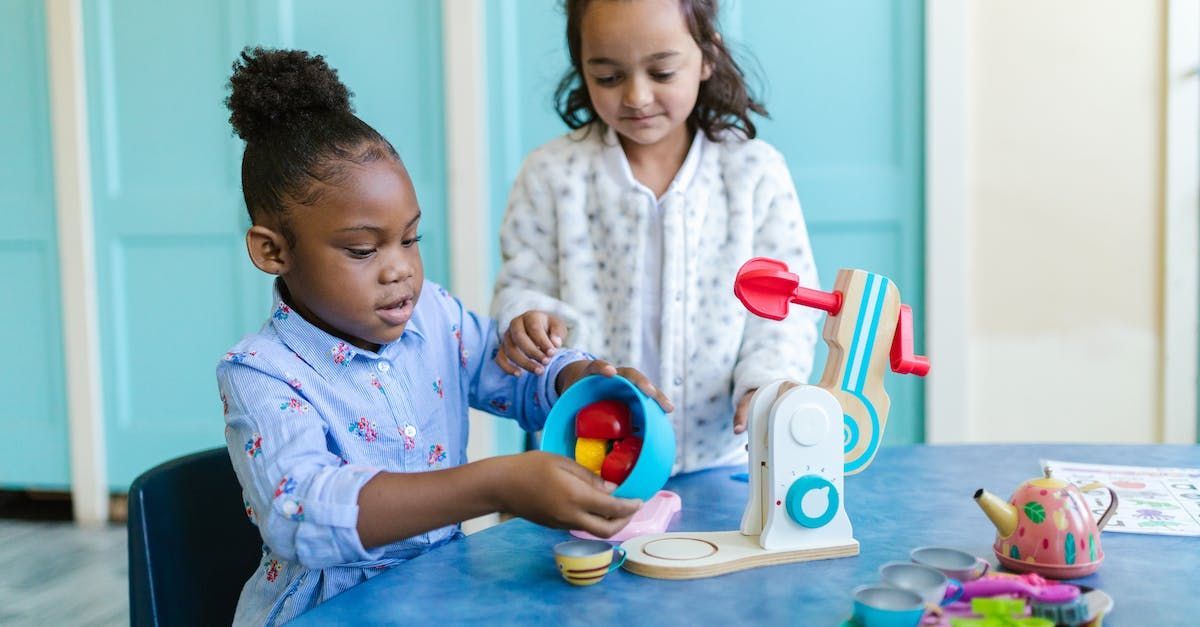
The Montessori approach, pioneered by Dr. Maria Montessori over 100 years ago, emphasizes not just academic achievement but also the social and emotional growth of the child. Montessori is known for creating independent, self-sufficient and intrinsically motivated children. However, being independent does not mean a child is socially isolated or lacks social opportunities.
In the Montessori classroom, you will notice that social development takes place in many forms. Some of these include:
Mixed-Age Classrooms
One distinctive feature of Montessori classrooms is the presence of mixed-age groups. Children are not confined to interacting solely with peers of the same age, allowing them to develop essential social skills such as cooperation, empathy, and leadership. Older students often serve as role models and mentors, while younger ones benefit from observing and learning from their more experienced peers.
Respect for Individual Differences
Montessori education recognizes and celebrates the unique qualities of each child. The emphasis on individualized learning allows children to progress at their own pace, fostering a sense of self-worth and acceptance. This approach cultivates an environment where differences are not only tolerated but embraced, promoting a culture of inclusivity and respect.
Developing Independence and Responsibility
Montessori classrooms are designed to encourage independence and personal responsibility. Children are empowered to make choices about their learning, manage their time, and take care of their environment. These responsibilities contribute to the development of a strong work ethic and a sense of accountability, both of which are crucial in social settings.
Nurturing Conflict Resolution Skills
In a Montessori setting, conflict is viewed as an opportunity for growth rather than a problem to be avoided. Children are taught and guided in resolving conflicts peacefully, promoting effective communication and negotiation skills. Learning how to express feelings, listen actively, and find mutually beneficial solutions equips Montessori graduates with essential tools for navigating social interactions in the future.
Community and Global Awareness
Montessori education extends beyond the classroom walls, encouraging children to explore and understand their broader community and the world. Through projects, discussions, and cultural studies, students develop a global perspective and an appreciation for diversity. This awareness fosters a sense of responsibility toward others and a commitment to making positive contributions to society.
Cultivating a Love for Learning Together
Montessori classrooms promote a love for learning that is collaborative and cooperative. Children engage in group activities, discussions, and projects, fostering a sense of shared enthusiasm for discovery. This collaborative learning environment sets the stage for the development of strong social bonds and a lifelong love for learning in a community setting.
The social benefits of Montessori education ripple far beyond the classroom, shaping individuals who are not only academically adept but also compassionate, collaborative, and socially conscious.
Interested in observing a Montessori classroom? Schedule a tour today.


